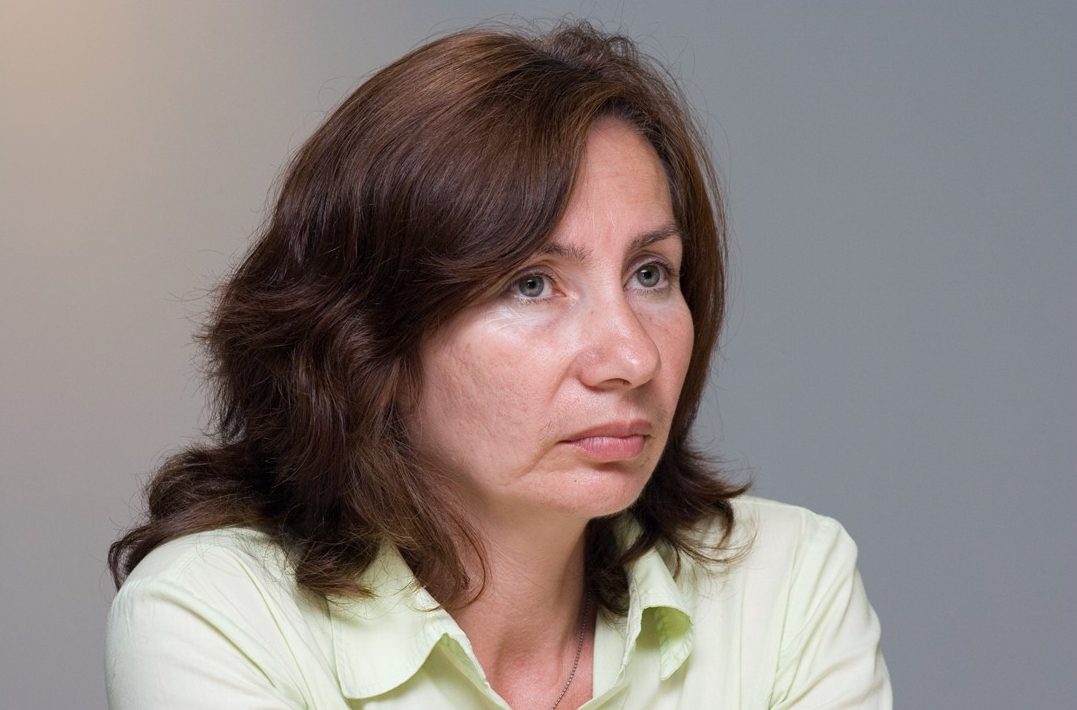The EU’s human rights policy in Russia has long had to contend with divergent EU member state positions and political considerations related to Russia’s perceived strategic and economic importance to Europe. The suspension of the political framework for EU-Russia dialogue following the 2014 annexation of Crimea and the increasingly tense EU-Russia relations characterized by occasional diplomatic and security flare ups, have presented a further obstacle to the EU’s HRD policy.
Despite these challenges, the EU has taken some important steps in recent years towards enhancing its support and protection of Russian HRDs. Adopting a more vocal, flexible and at times better coordinated approach, some notable good practices have emerged. Consultation with HRDs has proven particularly important in developing a number of innovative and tailor-made initiatives.
Yet more needs to be done to ensure that such good practices become part of an overall and sustained shift in EU policy. As Russian HRDs face increasing restrictions, a more consistent EU policy that systematizes consultation with HRDs and seeks to enhance the visibility and impact of its actions can provide additional support to HRDs, which may be crucial in overcoming some of the challenges they face.
What challenges do human rights defenders face?
Conclusions
Despite the numerous challenges related to engagement with Russia on human rights, the EU has in recent years made some headway in improving its support to Russian HRDs. Adopting a more vocal, flexible and coordinated approach, the EU’s HRD policy in Russia offers some important examples of how to engage with HRDs in a context where bilateral dialogue has been reduced and divergent member state positions risk undermining EU action.
Nonetheless, challenges remain. The EU will need to ensure that some of the good practices observed set the scene for a wider policy shift. Among other things, this shift in policy should systematize the consultation of HRDs, ensure the consistency of public messaging across different individual cases and at the different levels of EU decision-making and enhance the visibility and impact of EU actions to support HRDs.
Moreover, the experience in Russia also opens areas for further thinking:
- How could the EU and its member states better equip themselves to counter coordinated stigmatization campaigns against HRDs both online and offline?
- How to bring about systemic change in a hostile climate with a limited framework of cooperation, rather than change on a case-by-case basis?
- How to deal with Russia’s challenge to established human rights norms at the international and multilateral levels?
Recommendations
- Ensure consistent and strong public messaging in support of HRDs at all levels of decision-making, including by ensuring that robust messages in Council of Europe and OSCE statements are maintained and replicated in other EU and member state communications, by pursuing Foreign Affairs Council Conclusions and local statements and by increasing the number of statements issued at the highest levels. This would entail more frequent statements on behalf of the HR/VP, heads of state and Ministers of Foreign Affairs. The EU should also continue to seek alternative avenues through which to express this support, such as tweets and op-eds by the head of the EU delegation and inviting HRDs to Foreign Affairs Council meetings.
- Enhance the visibility and dissemination of EU public messaging on Russian HRDs, including by ensuring that such communications are high level, further disseminated by EU member states and channelled through popular social media platforms in Russia such as Facebook and Telegram.
- Ensure timely and visible responses to attacks on HRDs. The EU and its member states should respond through a mix of measures, including public and closed-door diplomacy, as well as by providing practical support to HRDs, their organization and their family. The speed of the EU response is paramount for its effectiveness (for example, statements should be issued shortly after an incident or a trial when the press is reporting on a case), as is the coordination of action between different EU bodies and member states.
- Raise concern about HRDs and individual cases in the meetings of EU and member state officials with the Russian Foreign Minister, the Chairman of the Presidential Council for Civil Society and Human Rights, the Russian Human Rights Commissioner and during the EU ambassadors’ meetings with regional governors. The EU should also increase the transparency of closed-door meetings by consulting and debriefing HRDs on the outcomes of these meetings and accompanying these meetings with statements that both reaffirm the EU’s support for HRDs and specify what key issues and cases were raised during the meeting.
- Improve the impact of trial monitoring efforts by systematizing follow up and increasing visibility. Use public statements, media interviews, social media and participation of high-profile individuals to publicize the EU’s trial monitoring activities, raise due process concerns and call for the release of the HRDs in question.
- Make increased and more flexible funding available to CSOs and HRDs. The current levels of funding made available through the EIDHR, the CSO fund and the European Endowment for Democracy are not sufficient to meet the needs of Russian civil society, which has been additionally weakened by the withdrawal of major US donors from the country. The facilitation of the provision of EU funding, in particular core rather than project-based funding, will be important to strengthen civil society’s resilience.


